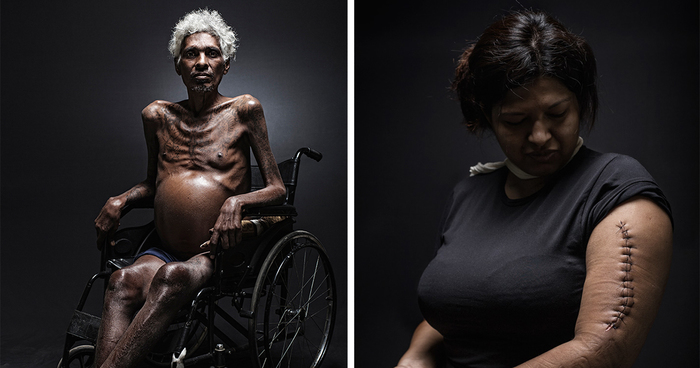
The Other Side Of The American Dream: Portraits Of Migrants Who Suffered When Entering The US
This project aims to make society aware of the realities to which the migrants who cannot fulfill the American Dream are subjected. It offers a glimpse into the human failure that more and more individuals endure in their attempts to reach the United States.
The dreams of hundreds of thousands of undocumented people who find themselves lost in Mexican territory are shattered as they become victims of sexual assaults or accidents during their hard trek toward a better life.
It is the story of failure and grief, of contempt connected to the violation of the human rights of those who are unable to reach their destination. They become the victims of all forms of vexations and humiliations, targeted by migration authorities and gangs like the Maras Salvatruchas alike.
“Al otro lado del sueño” (the other side of the dream) shows the other side of Central American migration and the enormous price paid in search of a good job and a better future. It reveals evidence of the vast and painful insensitivity of the Mexican border.
Photographs were taken by Nicola “Ókin” Frioli, all rights reserved.
More info: nicolaokinphotography.com
Teofilo Santos Rivera, 42, Panamá. He was the victim of an attempted mass assault by gang members during his crossing through Mexico. He jumped off the roof of the train, hurting his feet
He also suffers from liver cirrhosis and a cancerous sore on his back. In January 2014, a doctor gave him only 40 days to live. His goal is to reach his children and grandchildren in the U.S. to say goodbye. Tapachula, Chiapas, 2014.
Mariana, 29 years old, Honduras. She was assaulted during her crossing as an undocumented person through Mexico with the intent to arrive in the United States. She was pushed by the assailants into a ravine, and was able to avoid an attempted rape
Mariana’s travel companion was beaten when he attempted to defend her. She was moved to a hospital in Tenosique, Tabasco, and then to three others that did not perform the operation she needed. Fifteen days passed (8 spent in a hospital in Villahermosa, Tabasco) until the operation became urgent. The last doctor that saw her only requested a new splint and a call to immigration. Tapachula, Chiapas, 2010.
Armando, El Salvador (pictured left). His destination was the United States, but he was deported in Baja, California while riding in a cargo train crossing Mexico. He retried the trip through Tenosique, Tabasco
While trying to board the train on his second attempt, he fell and the train amputated his arm. He awaits a document certifying him as a refugee. Tapachula, Chiapas, 2014.
21-year-old Salvador Santo’s backpack. He has written the phone number of a relative in Honduras on the inside. Hiding information is meant to prevent abductions and the extortion of his family while he crosses Mexico
According to the National System of Public Security, 3,600 abduction cases were reported to the Attorney General in 2013, compared to 1,259 in 2012. Mexico, 2014.
Anonymous person with daughters hidden behind cardboard to protect their identity. The message says, “I have worked with drug traffickers (in Honduras) to support my family, until I fled for the safety of my children”
In Central America, one of the few jobs available is drug trafficking. Tapachula, Mexico, 2014.
A husband’s hat. Lydia’s (Honduras) husband died two years ago from brain trauma during an impact with a train. It was the only item returned to Lidia when they delivered the body
She is traveling on foot with a caravan of undocumented migrants headed by Father Solalinde from the Albergue “Hermanos en el camino”. D.F., Mexico, 2014.
Gonzalo (pictured right), turned 22 during his trip as an undocumented person in Mexico. His family in Honduras hopes that he’ll make it to the U.S.
He left a message on this board for his wife and 9 month old daughter: “Lorena, Rafaela, I miss you a lot. Back soon.” Ixtepec, Oaxaca, 2011.
This rosary was given to Elsa Santos Mateo (28, Honduras) by her employer in Guatemala to protect her during her journey
D.F., Mexico, 2014.
Yenifer, 8, Guatemala. She suffered, along with her 12 year old sister and 11 other migrants, from an automobile accident in Chiapas. The accident was caused by a flat front tire of the truck they were in
The only person who died was the driver. They wanted to reach the U.S. Tapachula, Chiapas, 2014.
79Kviews
Share on FacebookI feel so heartbroken when I see these people they have gone through so much all they wanted was a better life, why don't they get a chance?
Starving, homeless, desperate, people are starving, homeless, desperate people wherever they are. Location is beside the point.
Right! EVERYWHERE there are people in danger, or hungry... The place doesn't matter, there is no "we have enough of them in our country"!
Load More Replies...I am the first person to say that there are way too many starving and homeless people in our country, but this breaks my heart...
I feel so heartbroken when I see these people they have gone through so much all they wanted was a better life, why don't they get a chance?
Starving, homeless, desperate, people are starving, homeless, desperate people wherever they are. Location is beside the point.
Right! EVERYWHERE there are people in danger, or hungry... The place doesn't matter, there is no "we have enough of them in our country"!
Load More Replies...I am the first person to say that there are way too many starving and homeless people in our country, but this breaks my heart...

 Dark Mode
Dark Mode 

 No fees, cancel anytime
No fees, cancel anytime 


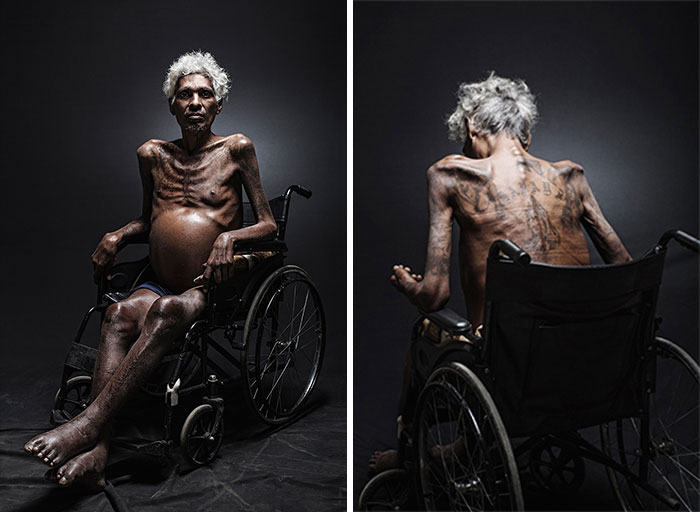
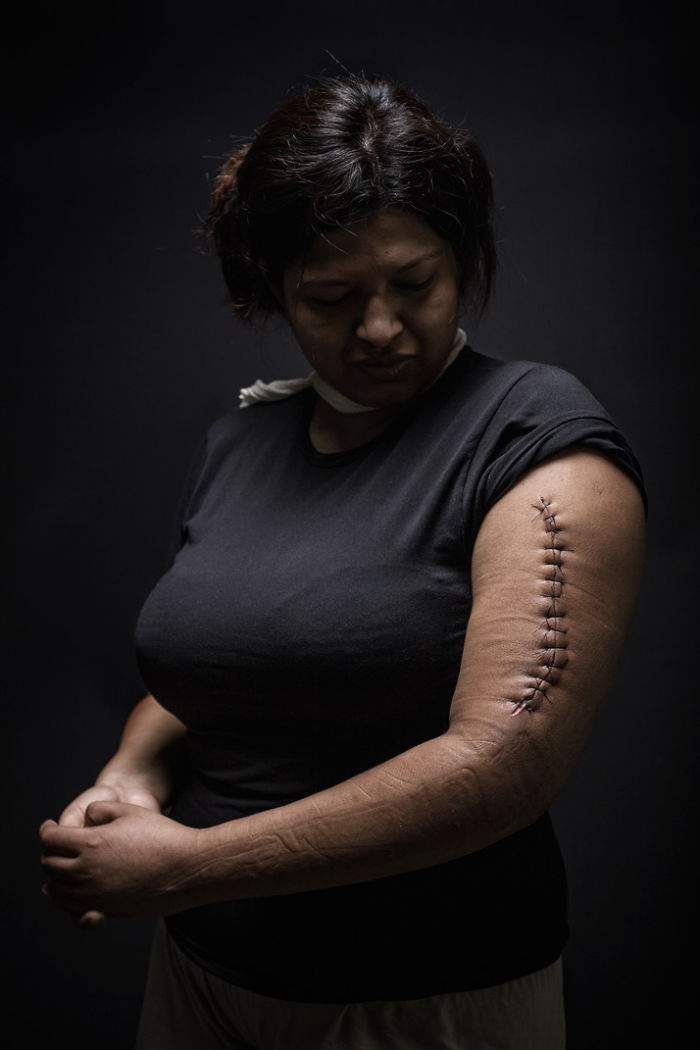
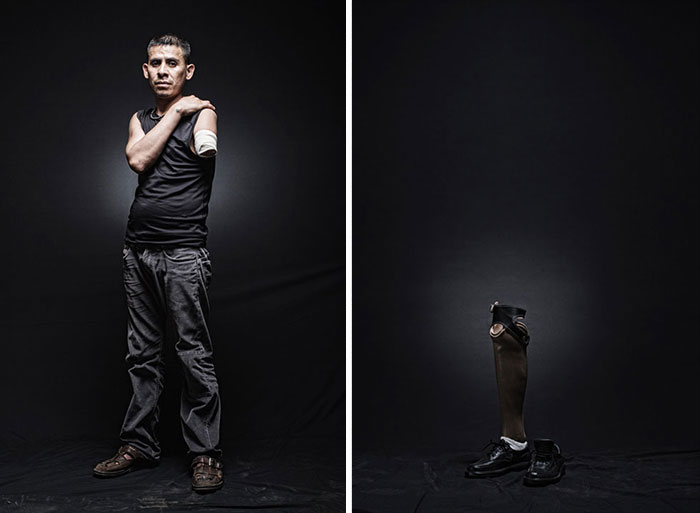
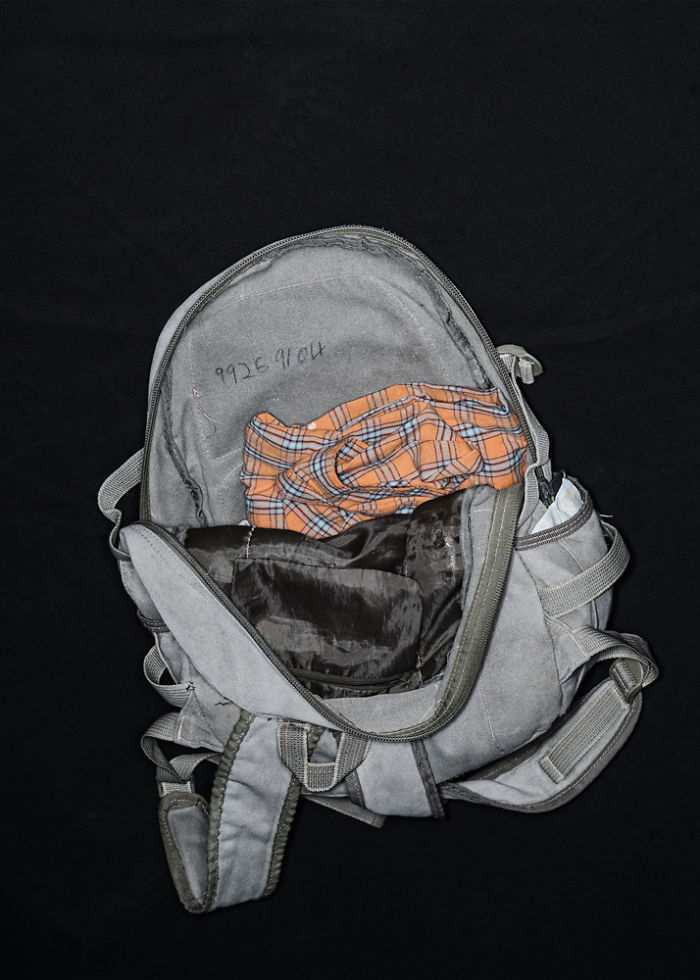
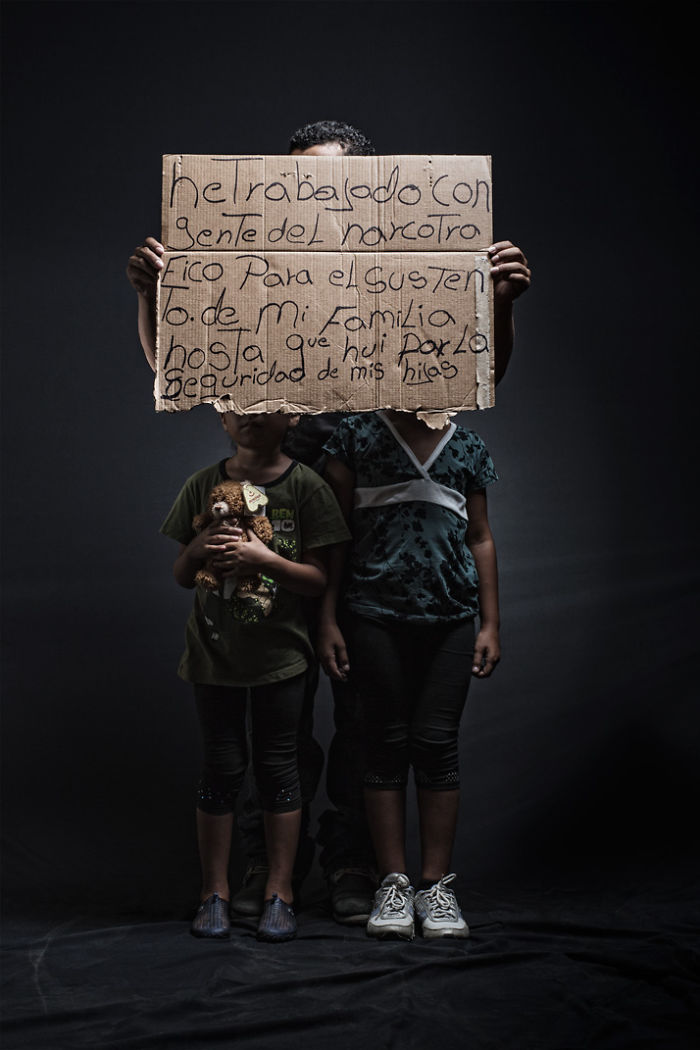
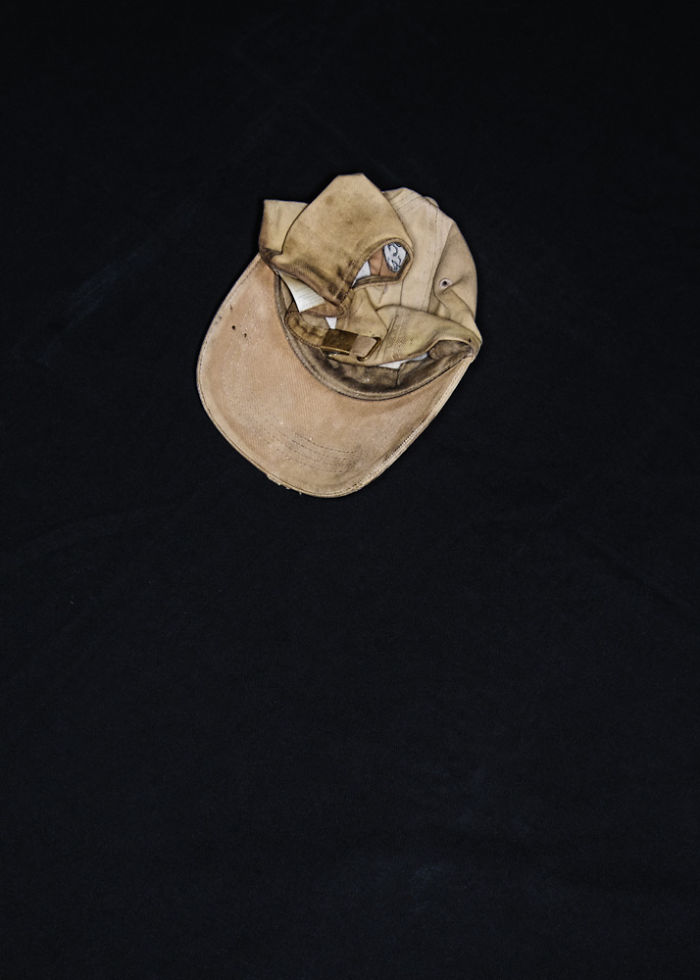
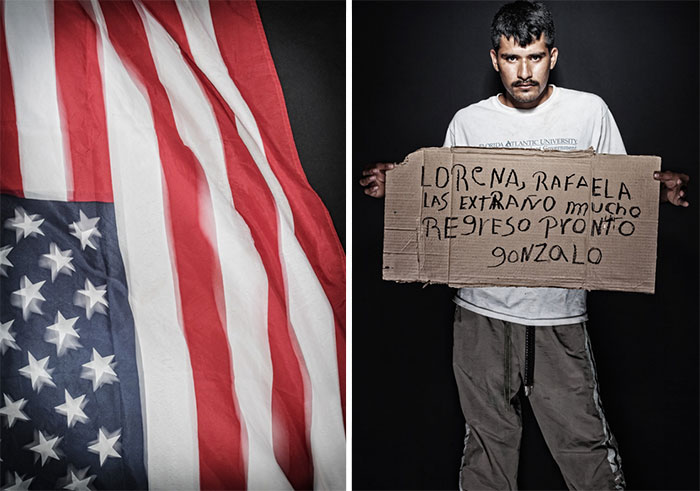

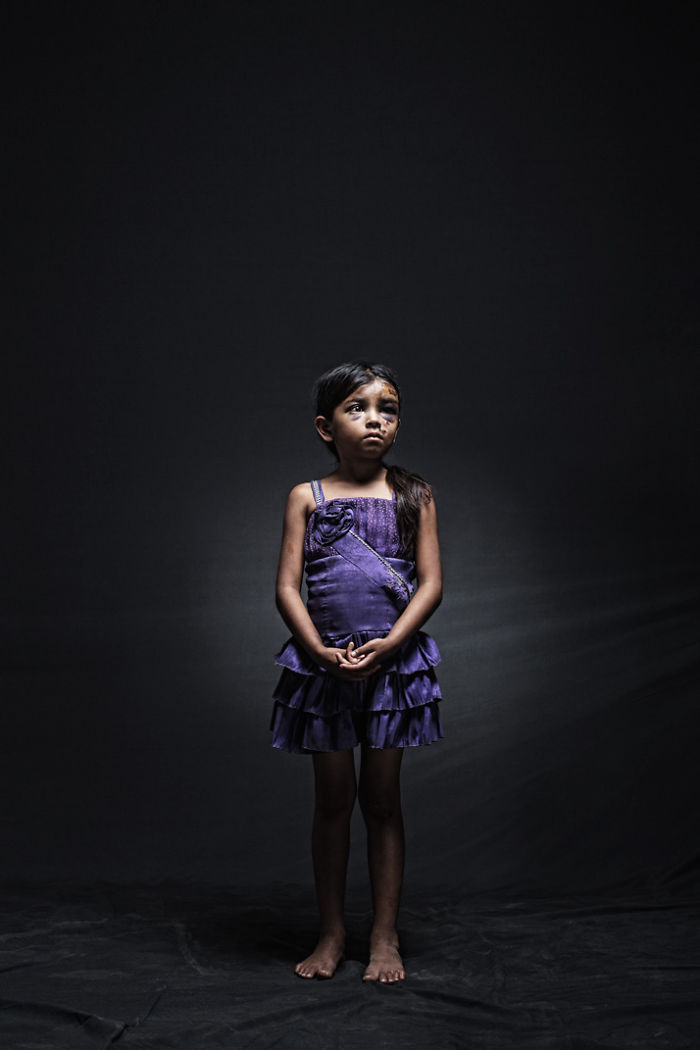



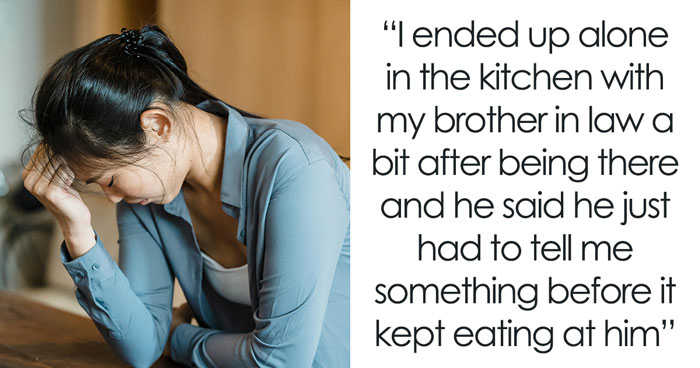
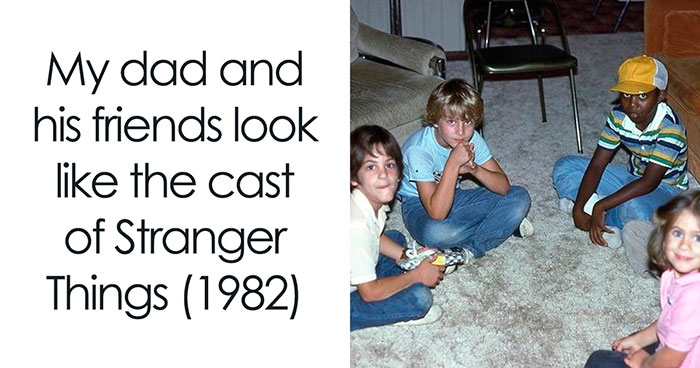







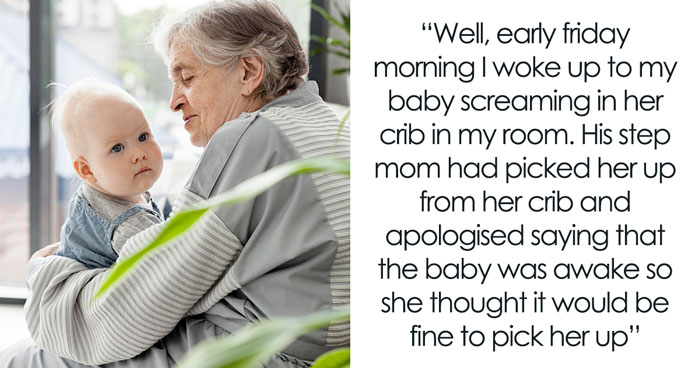
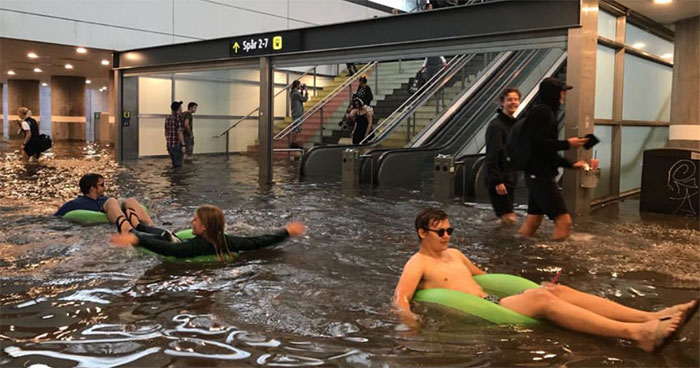
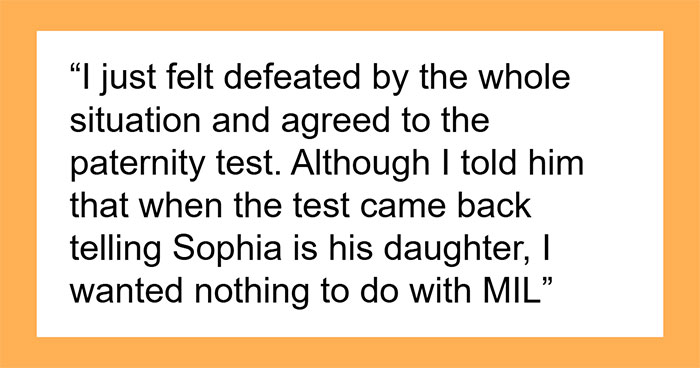
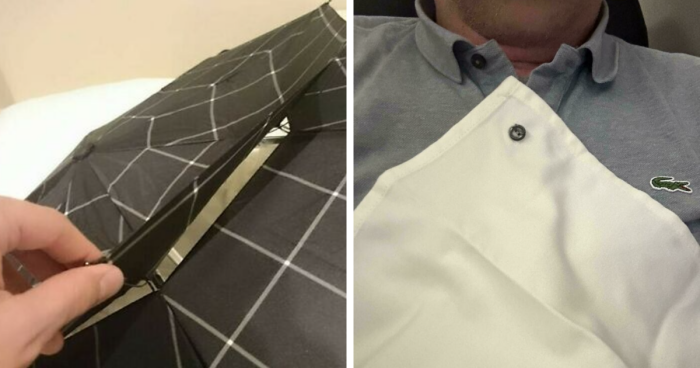


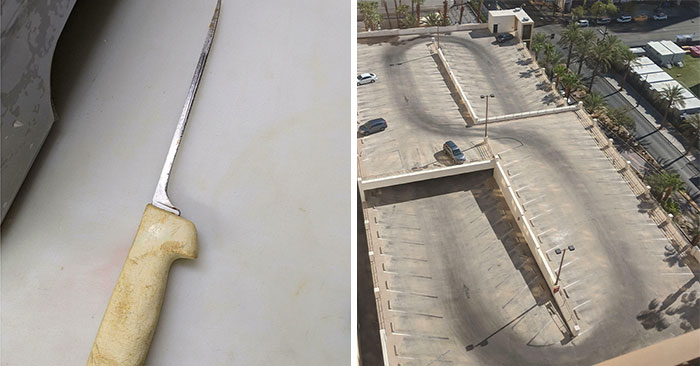
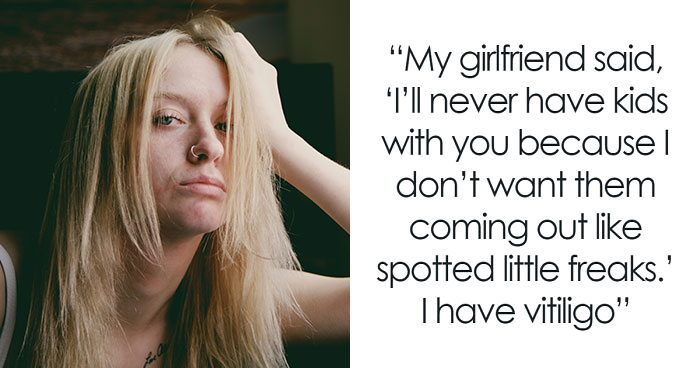
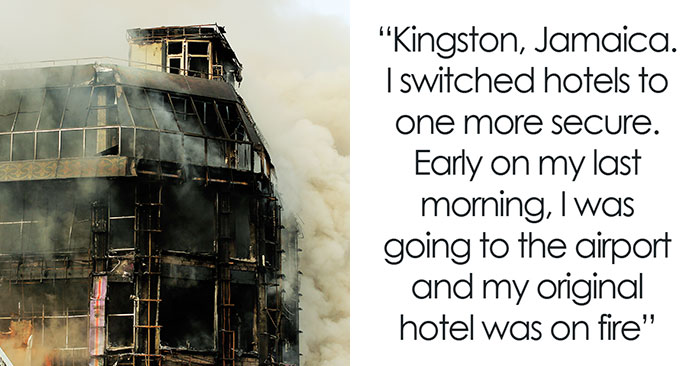
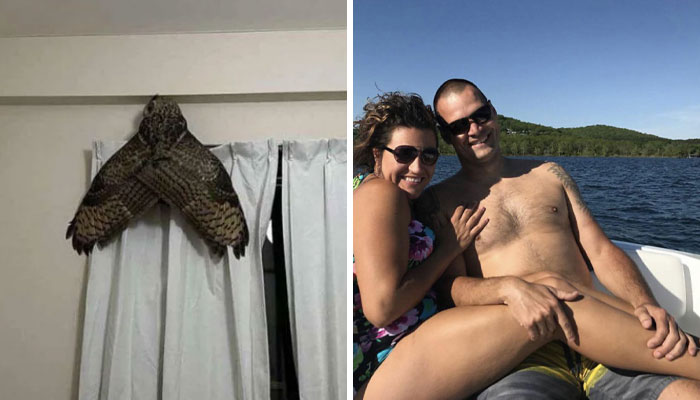

79
44